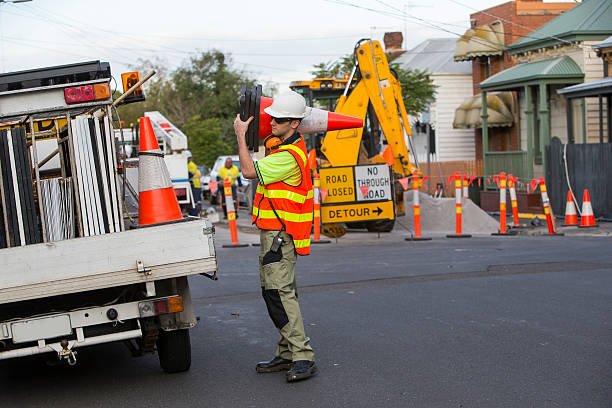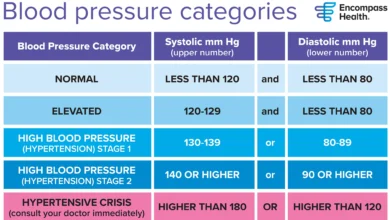What Does the Traffic Controller Course Involve?

A Traffic Controller Course is essential for anyone seeking to work in traffic management in Australia. The course equips participants with the knowledge and practical skills required to manage traffic safely around construction zones, roadworks, and public events. This blog explains what the course involves and what to expect during the training.
What is a Traffic Controller Course?
A Traffic Controller Course provides training on directing traffic using a stop/slow bat and managing traffic flow in high-risk environments. It ensures participants are prepared for real-life situations and comply with Work Health and Safety (WHS) regulations.
Who Needs to Complete the Course?
The course is designed for individuals who:
- Plan to work as traffic controllers.
- Are involved in road maintenance or event management.
- Need to meet legal traffic control requirements.
See also: How to Stay Connected Smartly While Traveling Abroad
Course Structure: What to Expect
The course includes both theory and practical components to prepare participants for on-site responsibilities.
Theory Component
Covers:
- Traffic control laws and safety protocols.
- Use of traffic control devices and risk management.
- Communication techniques with workers and motorists.
Practical Component
Involves:
- Hands-on training with a stop/slow bat.
- Setting up traffic control zones.
- Managing traffic and responding to emergencies.
What Certification Will You Receive?
Upon completion, participants receive a Statement of Attainment for:
- RIIWHS205E – Control traffic with a stop/slow bat.
- Optionally, RIIWHS302E – Implement traffic management plans for traffic management roles.
For those interested, a comprehensive traffic controller course covers all the necessary components for certification.
Course Duration and Delivery
- Duration: 1 to 2 days, depending on the provider.
- Delivery Options: Face-to-face or hybrid (online theory with in-person practicals).
Prerequisites and Eligibility
- Age: Minimum 18 years.
- White Card: Required before enrolling.
- Basic literacy and numeracy skills.
Assessment and Certification
- Theory Assessment: Multiple-choice and scenario-based questions.
- Practical Assessment: Demonstration of traffic control skills in real-life scenarios.
Validity and Renewal
The Traffic Control qualification is valid for 3 years. A refresher course is required to renew certification before expiry.
Career Opportunities
Graduates can pursue roles such as:
- Traffic controller at construction sites.
- Event traffic management personnel.
- Traffic management supervisor (with additional qualifications).
In Closing
The Traffic Controller Course combines theoretical and practical training to ensure participants are fully equipped to manage traffic safely. Whether you’re starting a new career or expanding your skills, enrolling in an accredited course can open up exciting job opportunities in traffic management.





